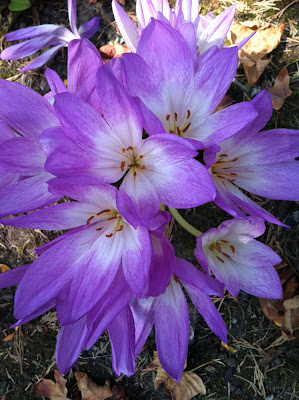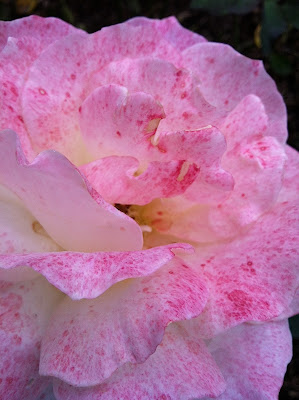I have always felt a fascination to explore my upper limits. This involves determination to delve into what I consider my ten percent zone. The highest level of my capability exists in a fragile space. My self-knowledge increases while spending time and energy to examine this area.
Does this appear abstract and mysterious?
When I trained to run marathons, I discovered ways to access the ten percent zone that frightened and unnerved me. At first, fear surrounded any notions of dashing into the red blinking lights of exhaustion or into a space that could cause injury.
How could I balance the extension of my ability and not break down as a result?
I explored in small increments, attempting each time to push my spirit of discovery and monitor both mind and body. It felt like entering a room of steel without air. The space loomed dark and cluttered with pricks of exhaustion. Fear clogged my throat. Dizziness and chills often spread throughout my body. At the limit, my hearing heightened and vision diminished. I moved out of the feeling as fast as I moved in.
Gradually, I learned my territory beyond "terroritory" and befriended my discomfort zone. It teased with its sense of purpose and wilderness. Each time, I gained information for the next excursion. My performance improved if I did not quit or allow my pride to push. Rewards became apparent, measurable and kept me returning. I learned not to stop before it felt relatively good.
What does it feel like to break open, break out and push beyond self-imposed limits? Each person will encounter a different process. Once discovered, the end result includes possession of a skill to translate into all areas of life. True confidence develops beyond the fear. Learning the self and making discoveries translates into a new understanding.
It requires more than daring. The result occurs in the doing. Wisdom arrives from a balance of experiencing what the body can endure before harm occurs.
Developing skill and trust in the writing process also involves that discomfort zone. During a time of frustration, to write one more word, one more sentence, another paragraph and page creates a positive habit. When we quit during frustration, we train ourselves to do it. When we push on, the synapses and sinew learn what to use for the next attempt.
As I did in exploring the physical ten percent zone, I never stop writing until achieving confidence within a thrill of words. In this way I have conditioned myself and achieved a balance as I did in running.
Creative Write: Have you pushed to your limits of achievement in an area? How did you get into the ten percent zone? What did it feel like, smell and sound like?








































